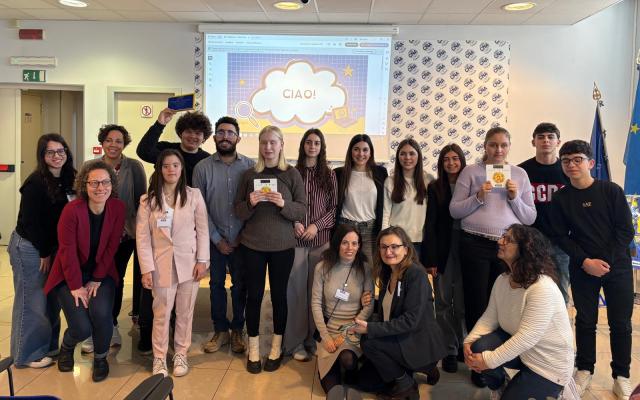3 min.
Redattore sociale, 19 April 2011
De Mauro: “In Italy, about 80% of the population is affected by de-literacy.”
Over the course of the years, adults lose the skills they acquired in school. The phenomenon of cultural regression is severe for about 38% of adults who almost return to full illiteracy. “Internet can help reopen school doors.”
ROME – De-literacy affects about 80% of the Italian population, a situation with a parallel only found in Sierra Leone. This situation is pointed out by Tullio De Mauro, President of the Fondazione Mondo Digitale, during the event on “Knowledge as a Raw Material” organized today in Rome. This phenomenon, better known as illiteracy, defines a situation presenting a progressive loss of the knowledge acquired in school that can even regress to full illiteracy. “Two global surveys have ascertained adults skills in reading, comprehension and mathematics,” De Mauro explains. "De-literacy affects many adults around the world, but this situation is extraordinary in two countries: Sierra Leone and Italy, where it affects nearly 80% of the adult population.” According to the President of the FMD, this regression heavily affects nearly 38% of the population. “Information and communication technology are a fecund means to restore skills,” he underlines. “They reopen school doors during adult life.” In particular, De Mauro draws attention to the digital literacy project for elders. According to the data presented at the event, 46% of the population (aged 25-64) has no more than eight years of schooling (against a European average of 27.9%) and only 6% of adults participate in educational activities. Young people who abandon studies without earning a high school diploma reach 19% (against an EU average of 14.4%) and only 32.8% complete a university degree. “Schools have played an enormously significant role, but they are not quite aware of this,” says Tullio De Mauro. “Now, the average is twelve years per citizen according to the schooling index. We have become a developed country.” But the Italian investment in culture, school and education is worrying. “A few months ago, two American researchers published a report examining the correlation between expansion of education and economic development in 120 countries between 1950 and 2010. The report is very clear." There is an extremely strong correlation between development of education and culture and economic development.”
See the video on the 10th Anniversary of the Fondazione Mondo Digitale: www.mondodigitale.org/news/2011/04/fmd-10-anni-di-attivit



